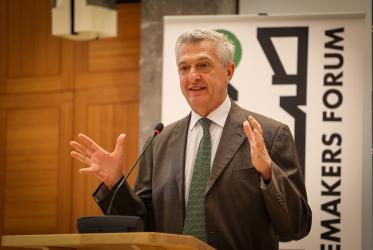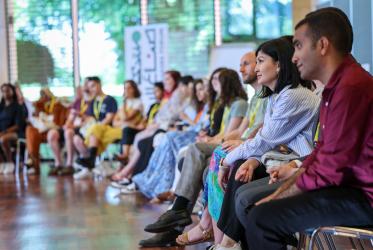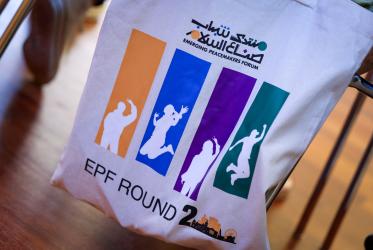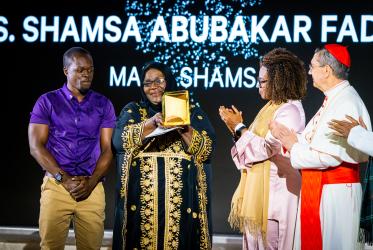Displaying 1 - 20 of 32
ACT Alliance general secretary: “equity is not negotiable”
26 September 2023
Kenyan woman peace-builder wins human fraternity award
14 February 2023
HIV and AIDS Civil Society Networks and the Faith Sector
Lessons Learnt from Strategic Engagement in India, Dominican Republic, Indonesia, and Jamaica
31 January 2023
Assembly workshop looked toward ending AIDS epidemic by 2030
19 September 2022
Ukraine: Responding to humanitarian need
08 September 2022















